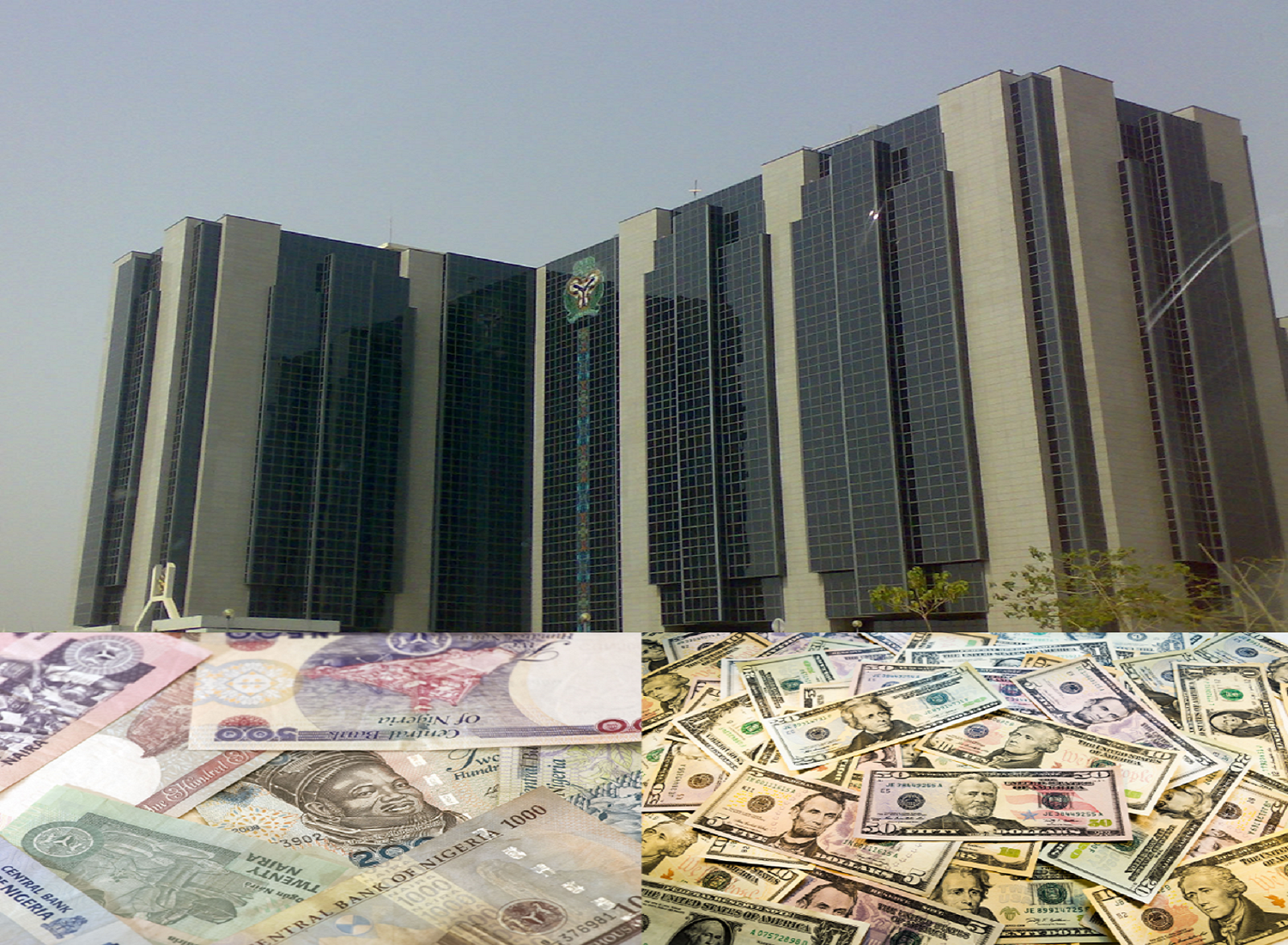summary
- The injection of $500 million by the CBN aims to stabilize the Naira and stimulate economic growth.
- Tinubu’s policy adjustment to redirect oil revenue improves financial transparency.
- The CBN’s strategic reforms focus on ensuring stability and growth in the forex market.
The Central Bank of Nigeria (CBN) has announced a substantial injection of $500 million into the foreign exchange market. This move aims to address the ongoing backlog of foreign exchange demand, indicating a strong effort to strengthen the national currency, the Naira, which has been experiencing a decline in value.
Strategic Financial Moves to Revive the Naira
Amid the Naira’s alarming decline towards an unprecedented N1,500 to the dollar rate on the parallel market, the CBN’s recent financial injection aims to offer vital support. Previous efforts to address the currency’s depreciation, including a substantial $2 billion allocation to key sectors like manufacturing, aviation, and petroleum, failed to halt the Naira’s slide. This development has sparked concerns about the potential consequences for Nigeria, Africa’s largest economy. Additionally, President Bola Tinubu has introduced an innovative measure, directing crude oil revenue to the CBN, aiming to enhance transparency and accountability in the country’s financial operations.
This directive signifies a notable departure from the previous setup, wherein the Nigerian National Petroleum Company (NNPC) dominated crude oil transactions. The new approach highlights a unified endeavor to protect the economy from potential risks.
Comprehensive reforms by the CBN aimed at fostering market stability
Under the leadership of acting Director Hakama Sidi Ali, the CBN is undertaking comprehensive reforms aimed at addressing fundamental market challenges. These reforms include unifying exchange rates, improving market transparency, and reducing arbitrage opportunities to establish a stable and predictable foreign exchange environment. The central bank is also committed to clearing the backlog of foreign exchange demands by disbursing substantial amounts across various sectors and foreign airlines. With the federal government securing a significant foreign exchange facility from the African Export–Import Bank (Afreximbank), there is renewed optimism about Nigeria’s ability to overcome current economic challenges. This external financial support, combined with the CBN’s proactive measures, represents a multifaceted strategy to revitalize the Naira and restore investor confidence. The success of these initiatives could set a precedent for financial management and economic recovery in the region, making Nigeria’s journey towards economic stability a closely watched endeavor with significant implications for its future trajectory.



